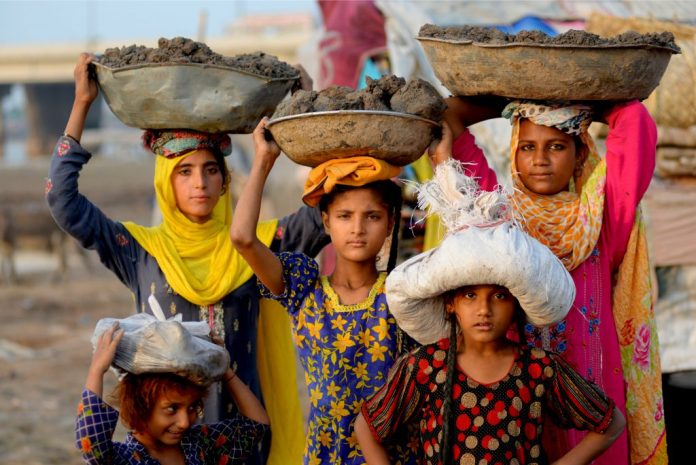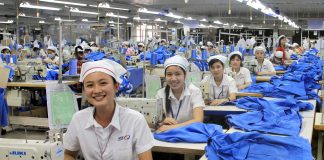The International Labour Organization (ILO) said the future of millions of children is at risk as growing numbers are forced to leave school and into work. ILO director-general Gilbert Houngbo told the BBC that there had been a “regression” in regions around the world amid global economic problems. Some of the worst forms of work involved sexual exploitation. “Compound the Covid effect with the rise in inflation and the cost of living that followed [and] it has just made things worse,” he said. “Unless we act now and we act decisively and fast, the problem will [continue to] worsen.”
Data compiled by the UN in early 2020 found that some 160 million children were being subjected to child labour, and that global progress to end it had stalled for the first time in 20 years. Mr Houngbo said early data suggested the trend was continuing. He said a squeeze on living costs – driven in part by rising food and energy prices caused by the war in Ukraine – had for some families “made the difference between having one meal a day or not”. In some cases this had led to the “worst form of child labour”, where parents were pushing their children into sex work to help support their families. Mr Houngbo said the rise in child labour was being seen in low- middle- and high-income countries, and in sectors including agriculture, mining and construction. “Clearly we are in a critical moment,” he said, adding that “poverty is the root cause”.
The exact circumstances in different countries vary, but the UN children’s fund (UNICEF) says inflation and the rising cost of living are a “universal concern” that impacts children in a range of ways. “Many families out of desperation need to resort to really impossible choices and negative coping strategies that are affecting children now and in the long-term,” said Natalia Winder-Rossi, director of UNICEF’s social policy and social protection programme. UNICEF ssid more than one in 10 families in Lebanon send their children to work. The country is facing an almost total collapse of its economy.
But Mr Houngbo said that while the situation was “very worrisome”, he remained optimistic that solutions could be found. He said there was no “one size fits all approach”, but policies focusing on education, creating jobs, and cracking down on illicit industries were among the actions that could be taken. Governments needed to “step up now”, he said.
BBC























